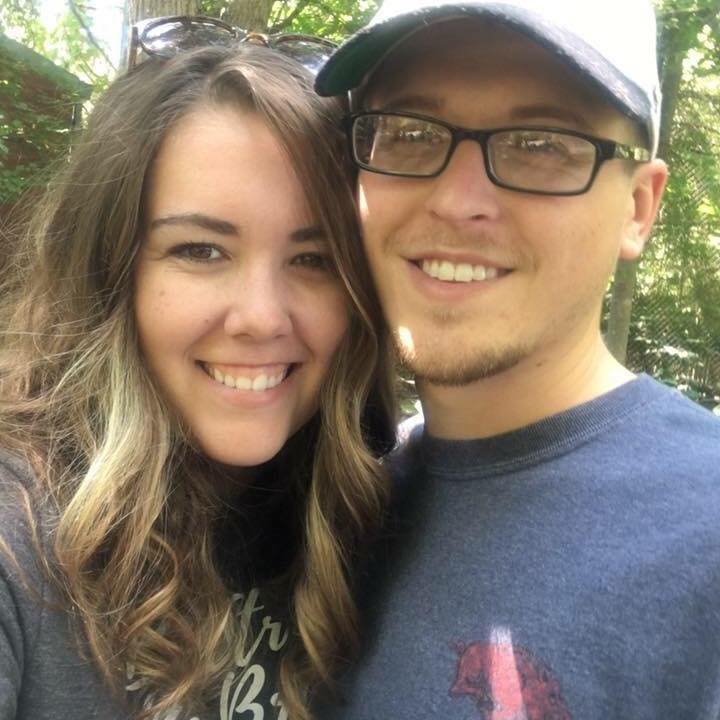Sign up for an annual HawgBeat subscription and get $50 for Arkansas gear on the Rivals Fan Shop ––> details
College Students, get a year of HawgBeat coverage for just $11.95. Request details via email from your school account (.edu) to nchavanelle@yahoo.com.
College football coaches across the country are adjusting to their new realities, which include virtual meetings and no on-field practices.
While true that all of them are in the same situation because of the coronavirus pandemic, these adjustments are particularly difficult for first-year staffs implementing a new offense or defense.
That’s where Arkansas is under new head coach Sam Pittman, offensive coordinator Kendal Briles and defensive coordinator Barry Odom. Instead of getting spring practice to teach their systems, the Razorbacks are limited to doing it over the computer - initially for two hours per week, then four hours and, starting Monday, eight hours.
It’s definitely not the traditional way to put in a playbook, but Odom told reporters via a teleconference Friday that it’s actually allowed them to put in more than normal.
“Defensively, we’ve got more in right now than probably we would if we were finishing up spring practice,” Odom said. “We’ve been heavy on the install and…we’ll go back and start reteaching that.”
On the other side of the ball, Briles agreed that the virtual meetings give them ample time to install everything - a stark contrast to the previous coaching staff - but he acknowledged that’s much different than fully implementing it for a game.
“We can install the whole playbook - we’ve got enough time, we can get that done,” Briles said. “But can we execute it? You really don’t know exactly what you’re good at, what maybe you’re not so good at, so I think there’s an evaluation period.”
Practices allow coaches to figure that part of it out so they can add or remove certain plays based on personnel. Players will know all of the plays when in-person football finally resumes, Briles said, but they’ll need time on the field to determine what to try to run in 2020.
There’s also only a finite amount of time to do that. The Razorbacks have already lost their entire spring practice slate - which was scheduled to begin the Monday after everything was canceled - and they’ll likely have an abbreviated preseason.
Even if the NCAA loosens its time restrictions for practice, Briles said he doesn’t anticipate Pittman going overboard on the time they spend on the field because he values player safety. Instead, it will be up to the staff to make the most of whatever practice time they get.
“You’ve got to be mindful of the players and what they can execute and not try to put too much on them and you’ve got to be good at some things,” Briles said. “That’s a balance that once you get into it, you trust your instincts and you trust your coaches.”
However, both coordinators sounded pleased about how well the players are grasping the playbook so far and are just looking forward to being able to put them through an actual practice.
“They’ve picked this stuff up,” Odom said. “Now let’s go do it in a stressful situation… Maybe you give up a big play, mentally how do you snap back and get back to play the next snap? Those are some of the things I’ll be anxious to see and teach when we get out on the field.”
Briles said there is a big difference between learning plays in virtual meetings and running them against a defense.
“Everything is really calm when you’re sitting down looking at a computer and you don’t have somebody on the other side of the ball that’s trying to knock your head off,” Briles said. “You can be calm in these environments and be able to retain information.
“That’s one thing. But to go on a field and execute seeing signals and your alignments and physically putting your body through that and doing it, that’s another.”
